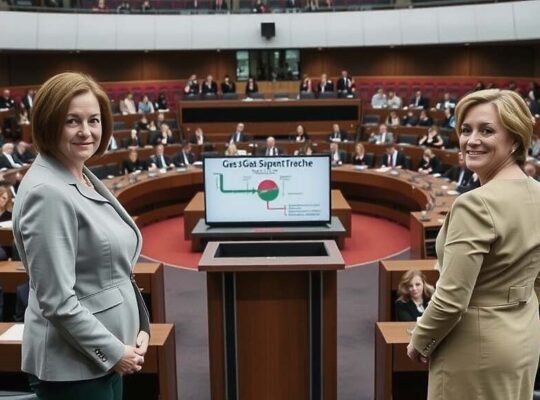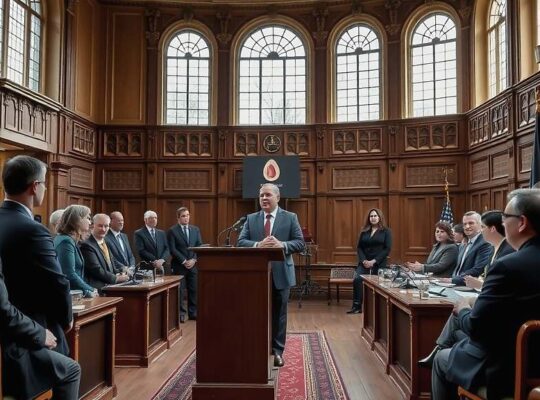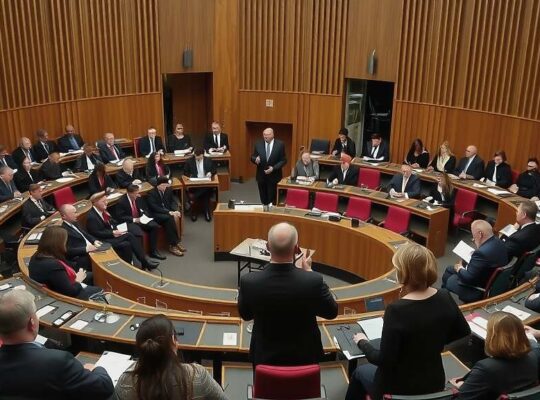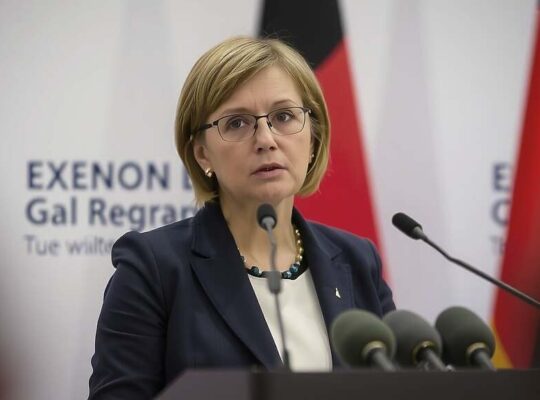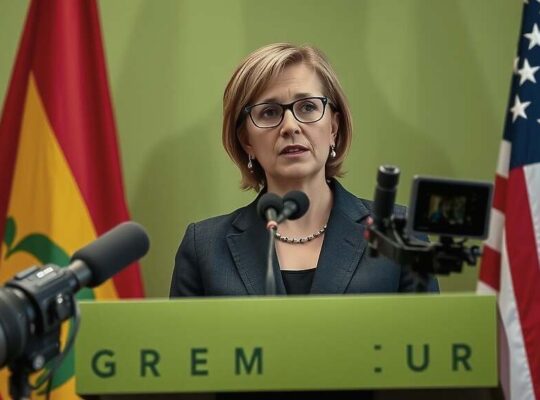The upcoming budget week in the German Bundestag is being overshadowed by growing concerns from the conservative Union bloc regarding the escalating levels of federal debt. CDU parliamentary group deputy leader, Mathias Middelberg, cautioned in an interview with the “Rheinische Post” that the 2026 budget projects almost 30% of all expenditures will be financed through borrowing – a trajectory he deems unsustainable.
Middelberg’s warning signals a potentially significant shift in fiscal policy, suggesting a looming pressure to implement structural reforms and cost-cutting measures across critical areas such as pensions, healthcare and long-term care. He indicated that these reforms will be a top priority for discussions with specialist committees slated for next spring, effectively acknowledging that the current borrowing spree cannot continue indefinitely.
While acknowledging the forthcoming budget – totaling €524.5 billion – includes record-breaking investments aimed at bolstering the German economy, the reliance on new credit amounting to over €180 billion raises critical questions about the government’s long-term fiscal strategy. Critics argue this dependence on debt-fueled investment risks jeopardizing future economic stability and limits the government’s ability to respond to unforeseen crises.
The parliament’s impending vote on the 2026 budget is unlikely to be a straightforward endorsement, with the Union’s concerns threatening to spark a vigorous debate about Germany’s debt trajectory and the necessity for fundamental reform, potentially complicating the government’s legislative agenda. The situation underscores a growing tension between short-term economic stimulus and the long-term health of the German state finances, a dilemma that will likely dominate the political landscape in the months ahead.



